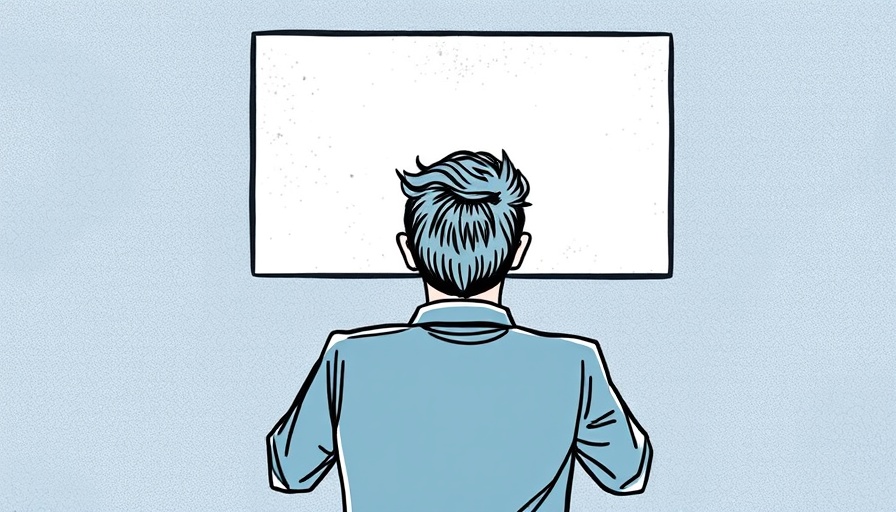
Understanding the Hidden Costs of Free Offerings
In a world driven by competition and consumer engagement, organizations often face the temptation to offer goods and services for free. The initial allure of attracting users and encouraging trial may seem beneficial, but this approach brings significant risks that can threaten long-term sustainability. Research in consumer psychology reveals that when something is perceived as free, its true value is often obscured, leading to challenges in monetization down the line.
The Psychological Impact of Free on Consumer Behavior
When businesses provide free services, they inadvertently set a price reference that alters consumer expectations. Customers begin to associate the product with a zero-cost experience, making it daunting to implement any future pricing. This phenomenon is particularly relevant in the evolving workplace culture where companies are adopting hybrid work models and striving for inclusivity. Free offerings can cultivate a sense of entitlement among users, complicating efforts to foster a culture of trust and collaboration.
The Risk of Overvaluation and Abuse
Another critical issue from offering free goods is the risk of overvaluation and misuse. Many organizations find that users who enjoy complimentary services tend to overuse or even abuse these offerings, expecting continued access without standard constraints. This not only strains resources but also impacts employee morale, as team dynamics can be negatively affected when few individuals exploit services that were meant for broader use.
Strategies to Navigate the Free Offering Trap
Leaders in today’s workplace must reconsider their strategies surrounding free offerings. By embedding value into products and clearly communicating expectations, organizations can mitigate the potential downsides. Initiatives centered around psychological safety and inclusive leadership must be integrated into change management efforts to reinforce trust with employees and customers alike. Addressing these dynamics can pave the way for a more resilient organization that can weather future challenges.
In response to the evolving landscape of workplace culture, organizations are encouraged to reconsider the practice of offering free goods and services. A clearer focus on value, alongside fostering a strong employee trust culture, can transform workplace dynamics and lead to greater organizational resilience. As we navigate these changes, let’s aim for workplaces that are not only efficient but also equitable, inclusive, and sustainable.
 Add Row
Add Row  Add
Add 




Write A Comment